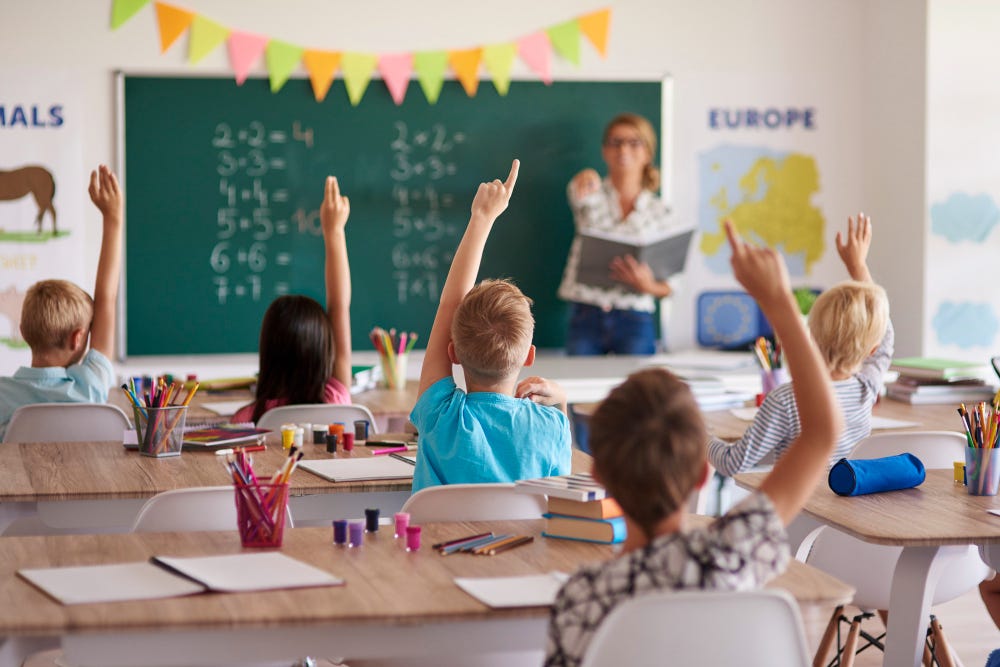Introduction
Early Childhood Education (ECE) plays a pivotal role in laying the foundation for lifelong learning and development. At the heart of effective ECE practices are creativity and curiosity, which are essential for fostering a love for learning, exploration, and discovery in young minds. This article explores the importance of nurturing creativity and curiosity in early childhood education, highlighting strategies for creating stimulating environments, promoting creative expression, fostering inquiry-based learning, nurturing a growth mindset, and engaging families as partners in the learning process.
Creating a Creative and Curiosity-Driven Environment
Setting Up Stimulating Learning Spaces
In ECE settings, creating a stimulating learning environment is essential for sparking children’s curiosity and imagination. Educators design learning spaces that are rich in materials, textures, colors, and natural elements, inviting children to explore, manipulate, and interact with their surroundings.
Incorporating Open-Ended Materials and Activities
Open-ended materials and activities are fundamental to promoting creativity and curiosity in young children. Educators provide a variety of materials such as blocks, loose parts, art supplies, and natural materials that can be used in multiple ways, encouraging children to experiment, innovate, and create.
Encouraging Exploration and Discovery
In a creativity and curiosity-driven environment, children are encouraged to follow their interests, ask questions, and pursue their inquiries. Educators facilitate opportunities for hands-on exploration, sensory experiences, and outdoor adventures, allowing children to engage with the world around them and make meaningful discoveries.
Fostering Creative Expression
Embracing Artistic Exploration and Self-Expression
Artistic exploration is a cornerstone of early childhood education, allowing children to express themselves creatively and develop their fine motor skills. Educators provide opportunities for painting, drawing, sculpting, collage-making, and other art activities that encourage self-expression and experimentation.
Supporting Imaginative Play and Storytelling
Imaginative play is a natural outlet for children’s creativity and curiosity, allowing them to explore roles, scenarios, and narratives from their imagination. Educators create play spaces that inspire imaginative play, provide open-ended props and materials, and encourage children to create their stories, characters, and worlds.
Encouraging Music, Movement, and Drama
Music, movement, and drama are powerful mediums for creative expression and exploration in ECE. Educators incorporate music and movement activities, dance, role-play, and storytelling into the curriculum, fostering children’s creativity, self-confidence, and social-emotional development through expressive arts.
Promoting Inquiry-Based Learning
Encouraging Asking Questions and Seeking Answers
Inquiry-based learning is at the heart of nurturing curiosity in young children. Educators encourage children to ask questions, wonder, and explore topics of interest, guiding them in finding answers through observation, experimentation, and investigation.
Providing Opportunities for Hands-On Exploration and Experimentation
Hands-on exploration and experimentation are essential for promoting active learning and critical thinking in ECE. Educators provide children with opportunities to explore materials, manipulate objects, conduct experiments, and test hypotheses, fostering their curiosity and scientific inquiry skills.
Facilitating Investigation and Problem-Solving
Problem-solving is an integral part of inquiry-based learning, as children are challenged to find solutions to real-world problems and challenges. Educators facilitate investigations, projects, and group activities that encourage collaboration, critical thinking, and problem-solving skills, empowering children to explore, discover, and innovate.
Nurturing a Growth Mindset
Celebrating Effort and Persistence
In ECE settings, educators celebrate children’s efforts, perseverance, and progress, rather than focusing solely on outcomes or achievements. By praising effort and resilience, educators cultivate a growth mindset, encouraging children to embrace challenges, take risks, and learn from their mistakes.
Embracing Mistakes and Learning Opportunities
Mistakes are viewed as valuable learning opportunities in ECE, as they provide children with feedback, insights, and opportunities for growth. Educ
